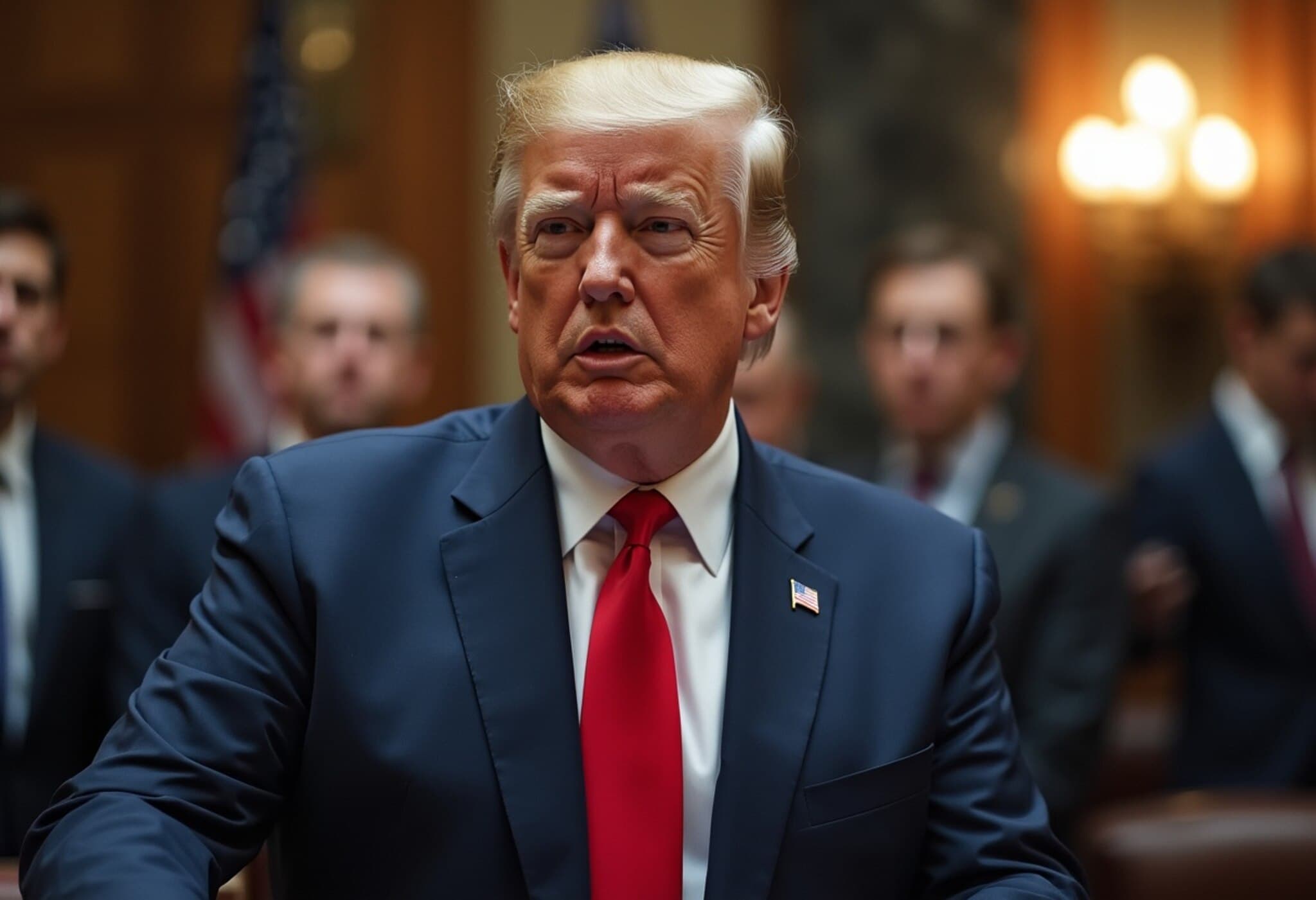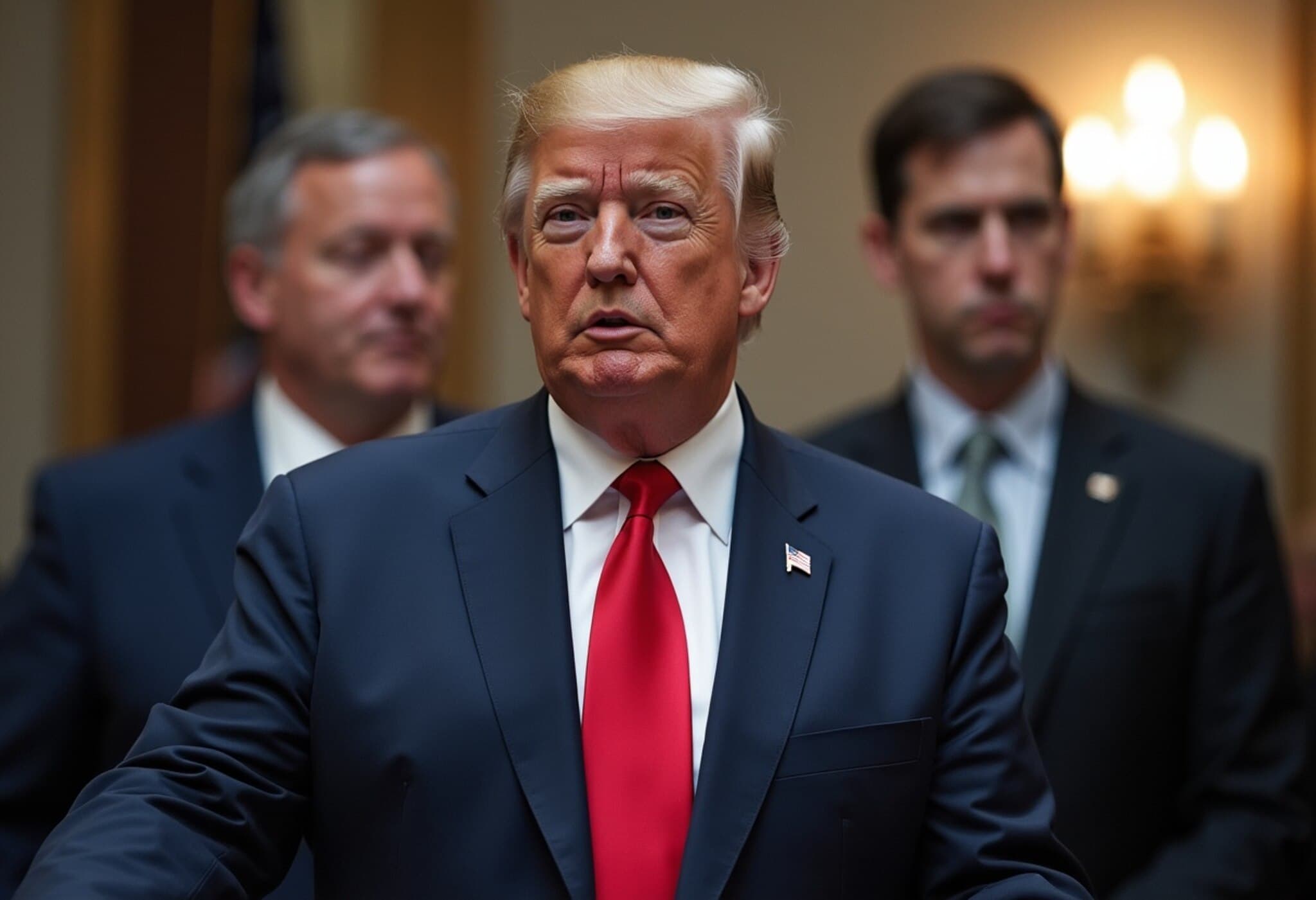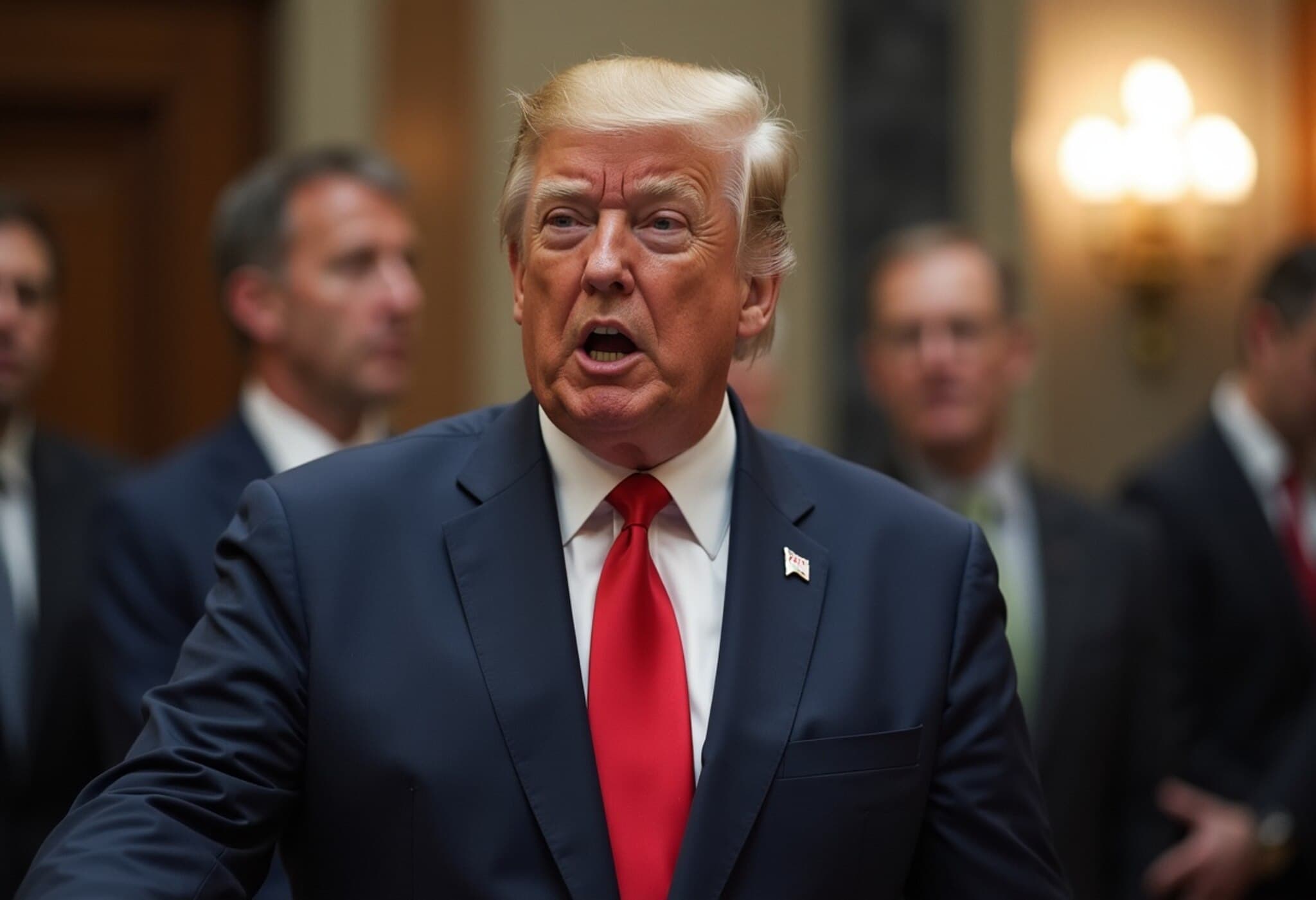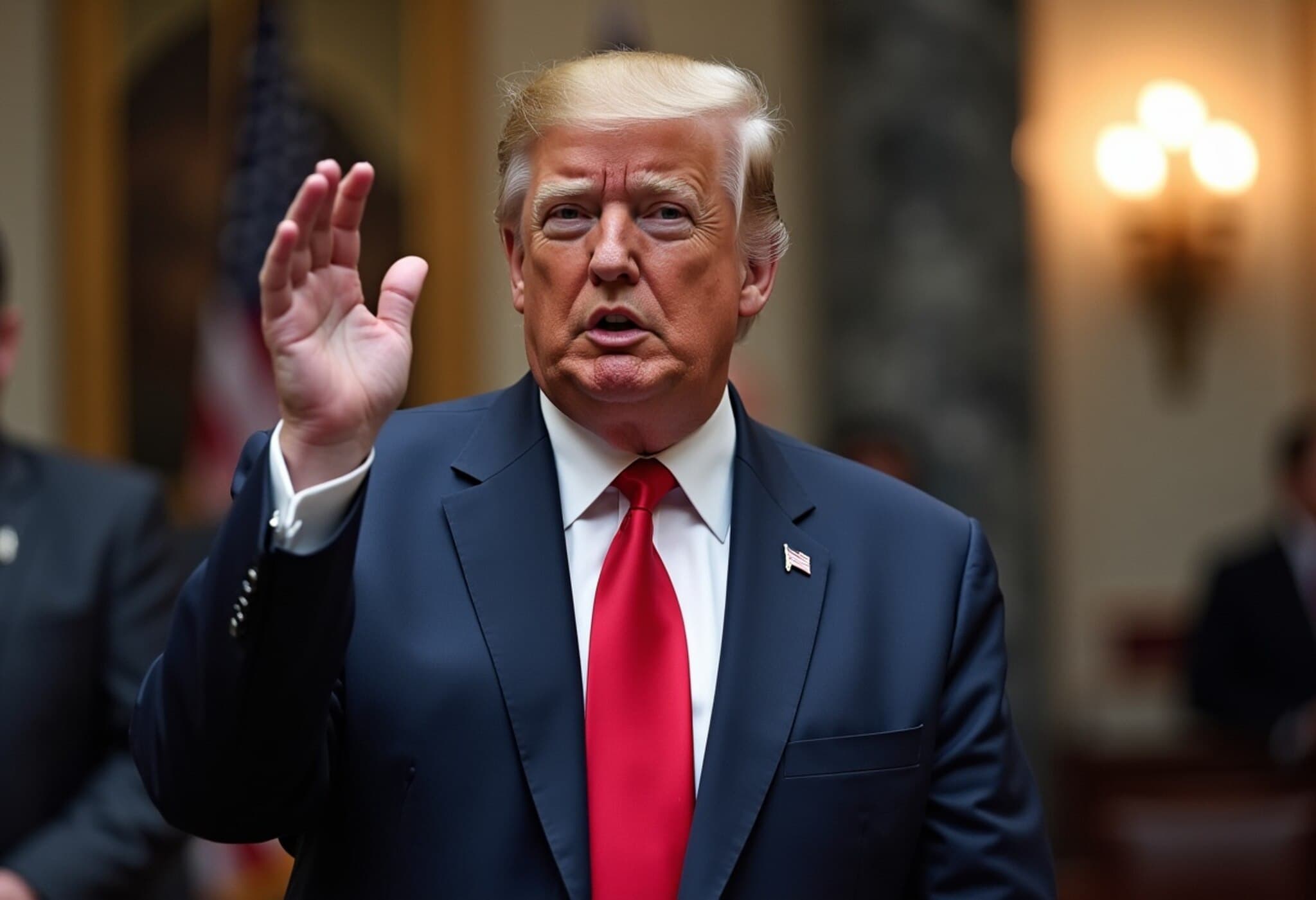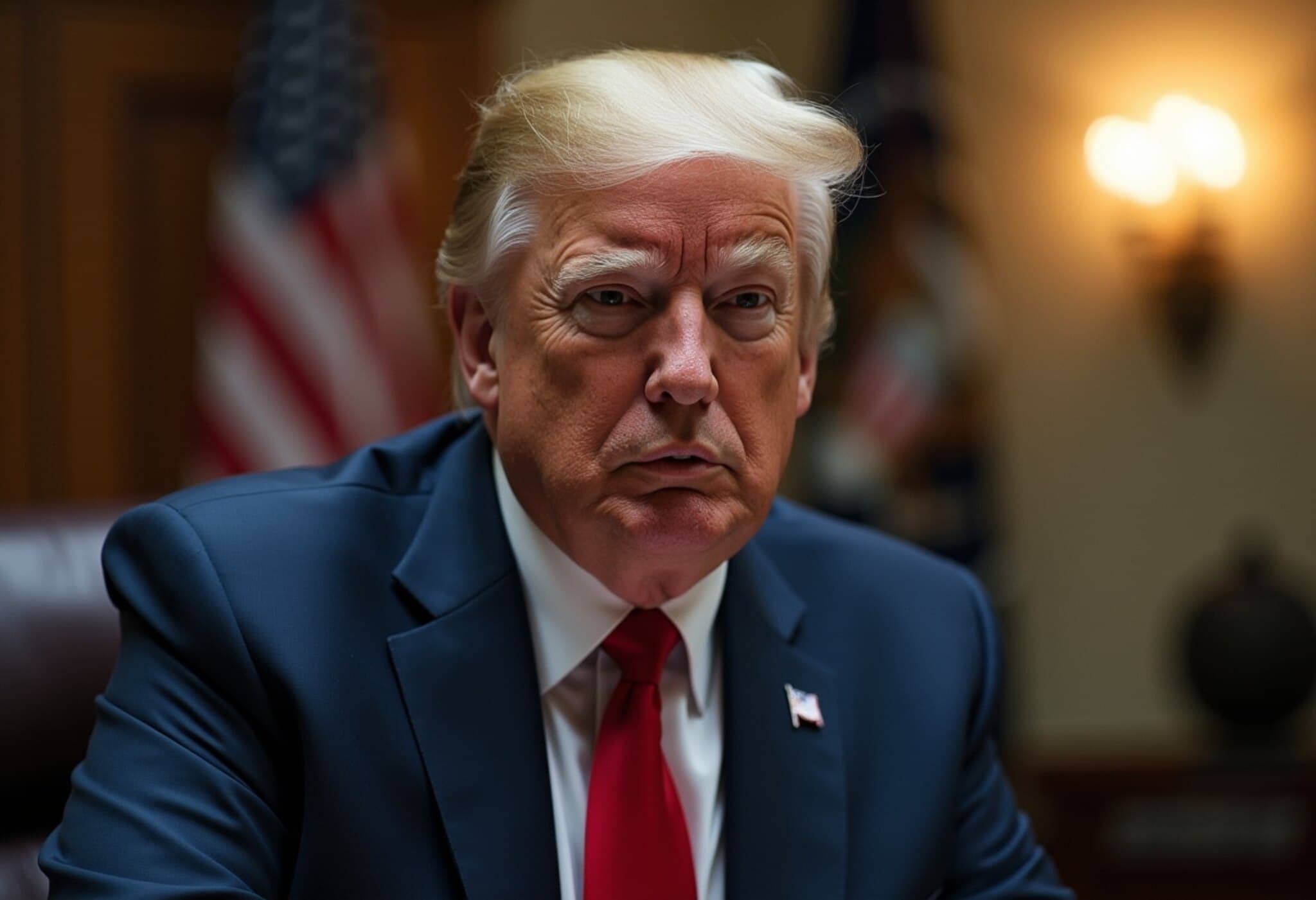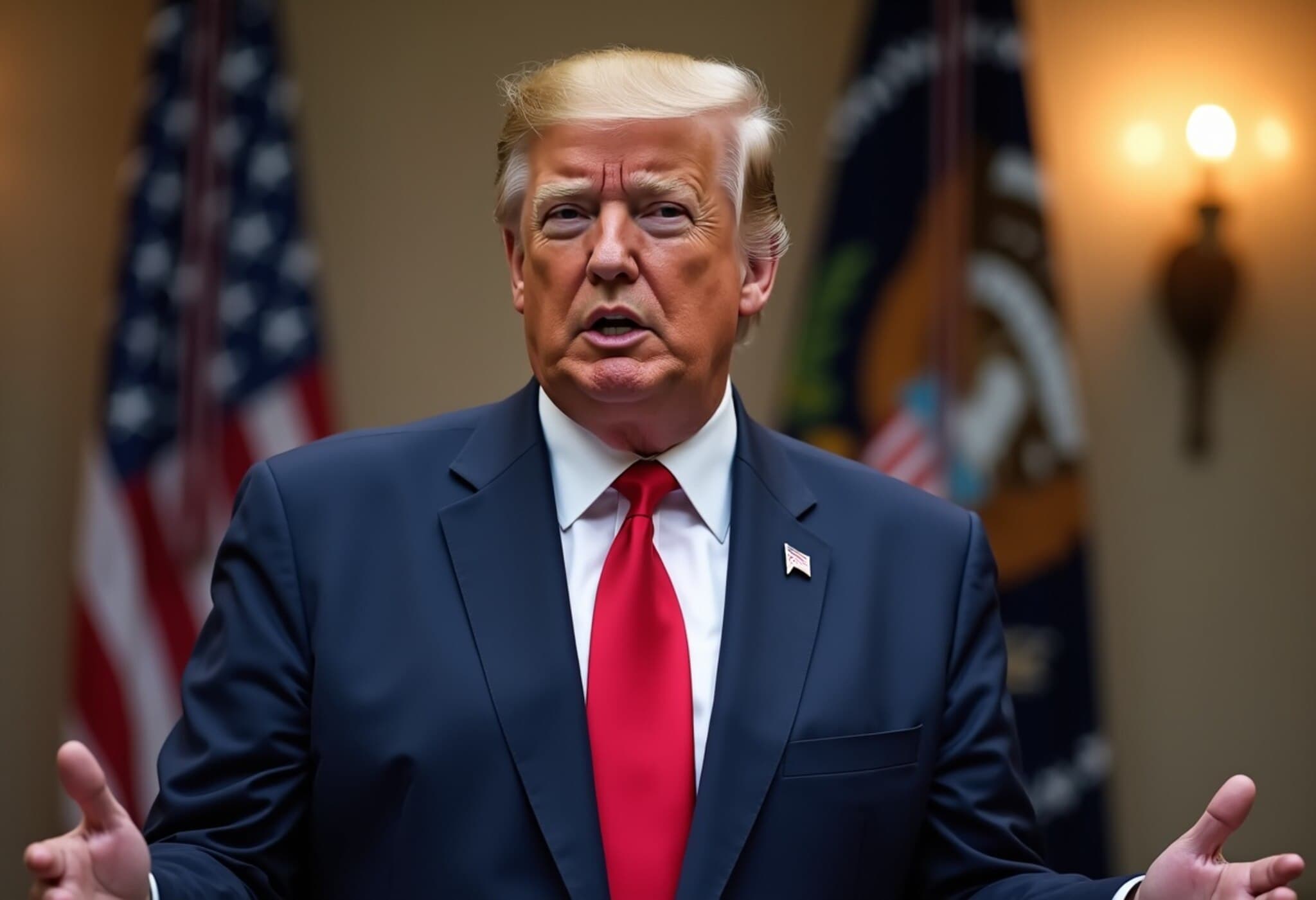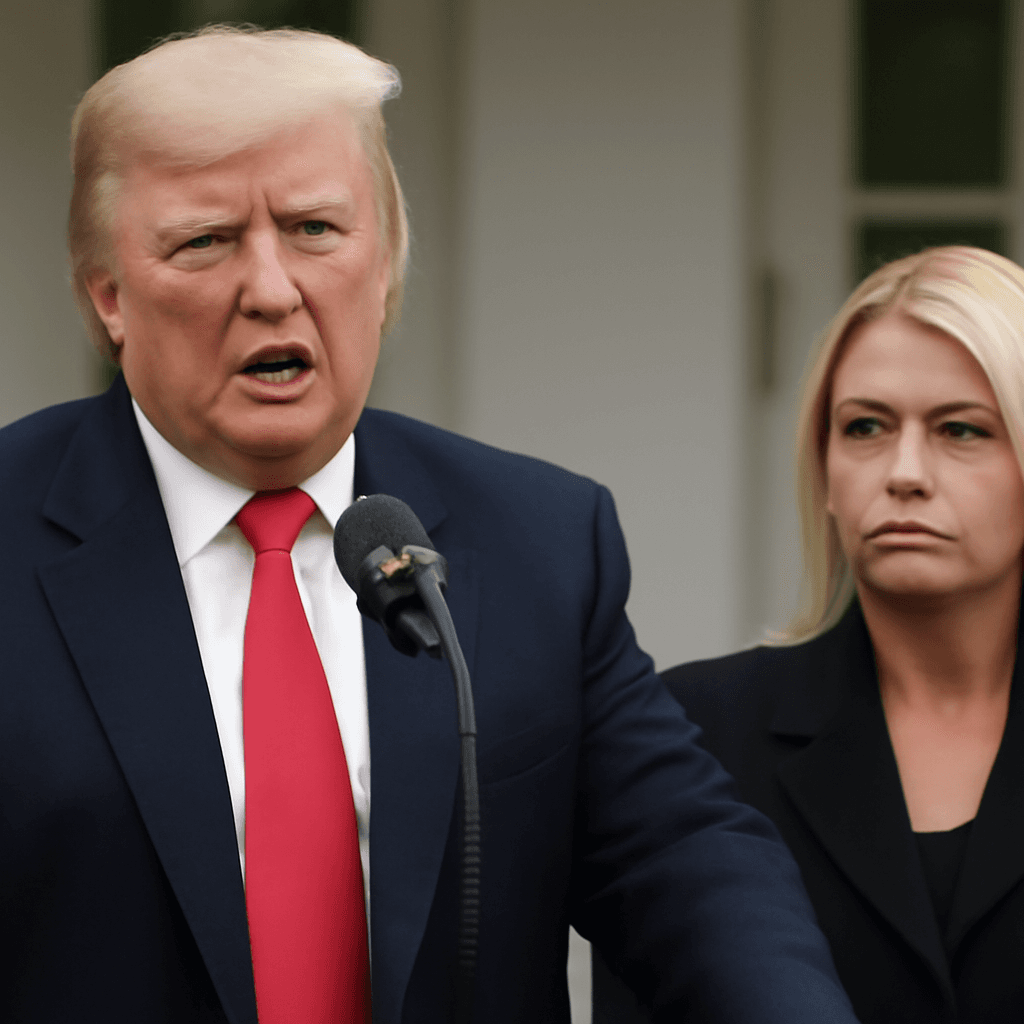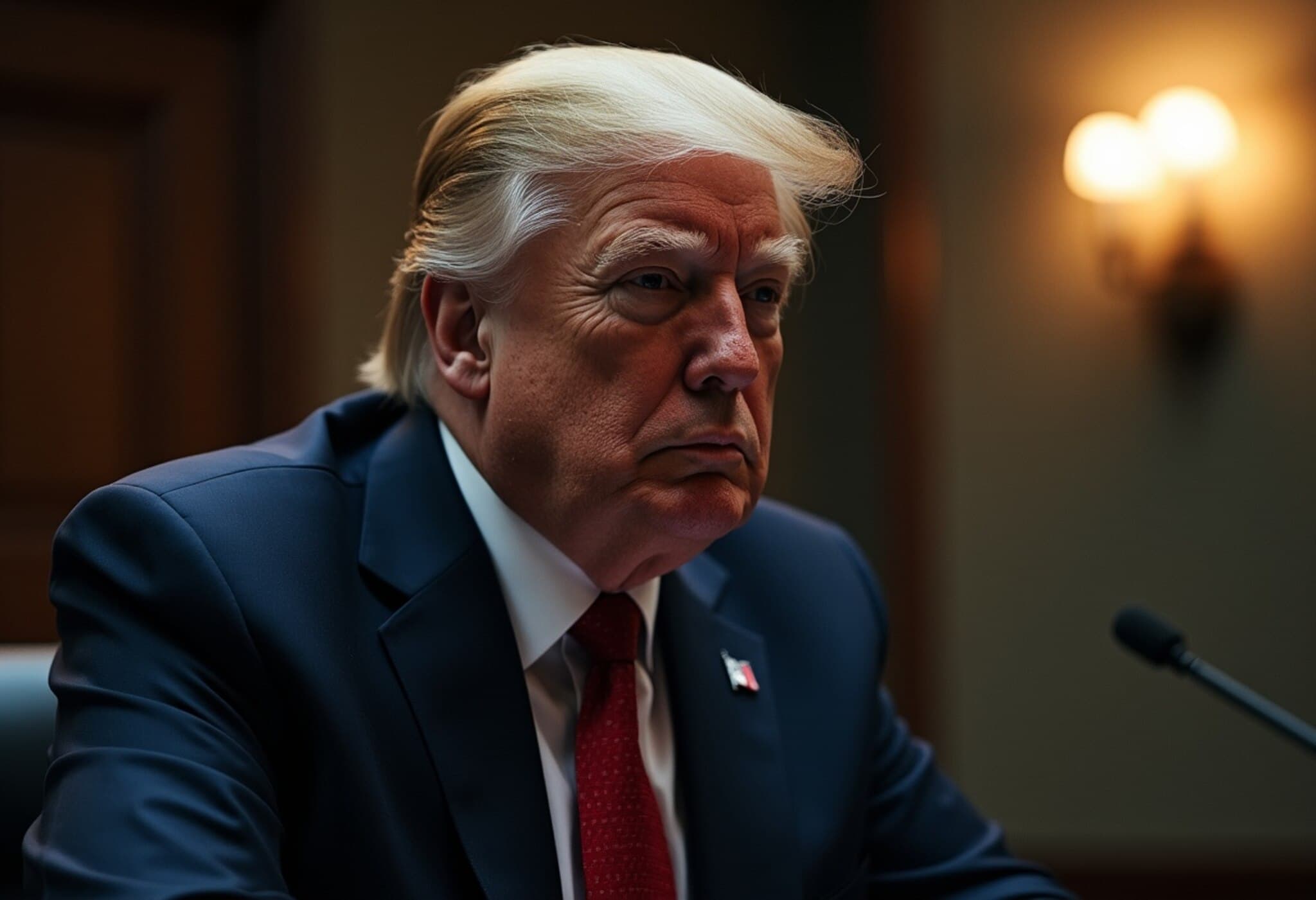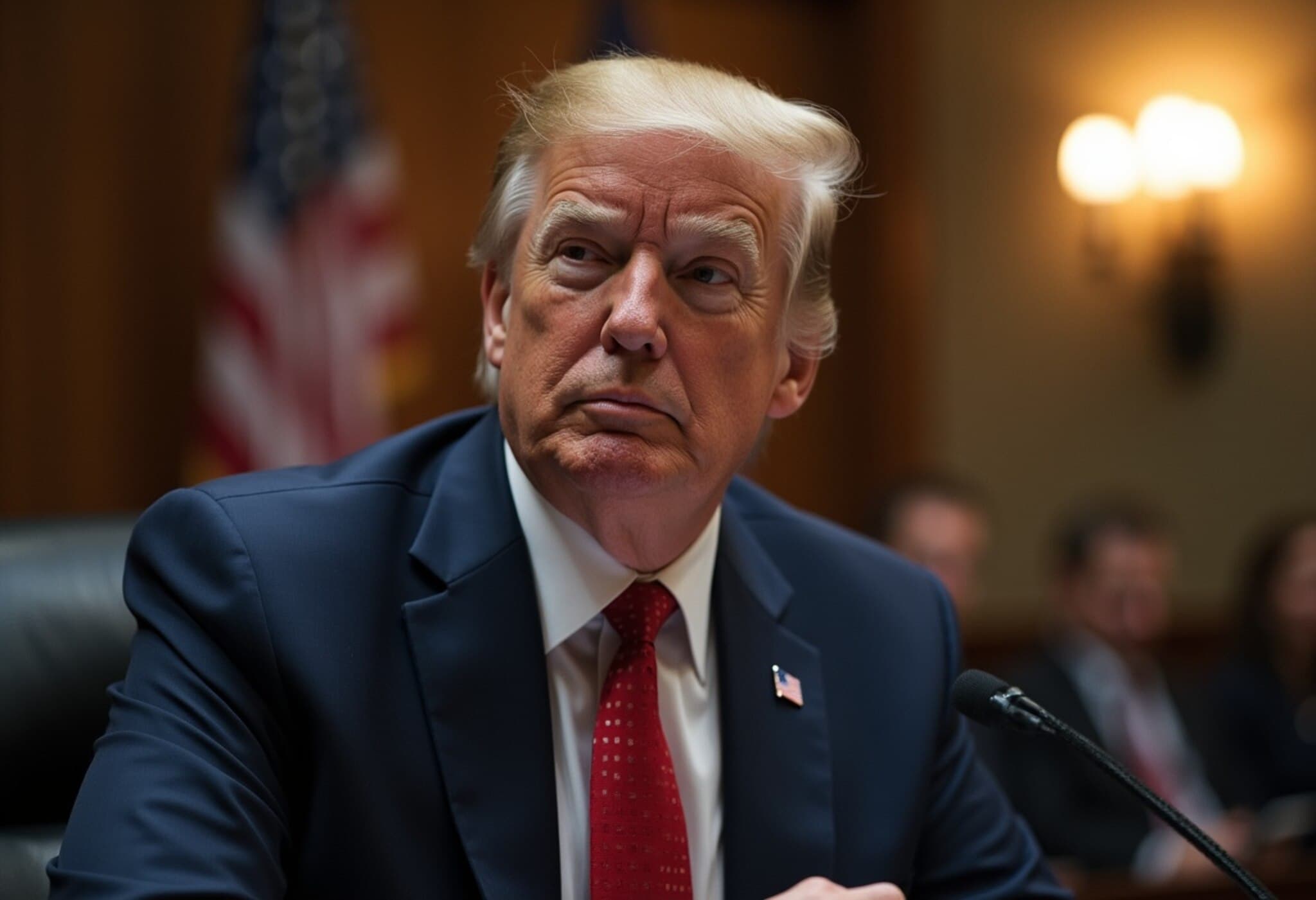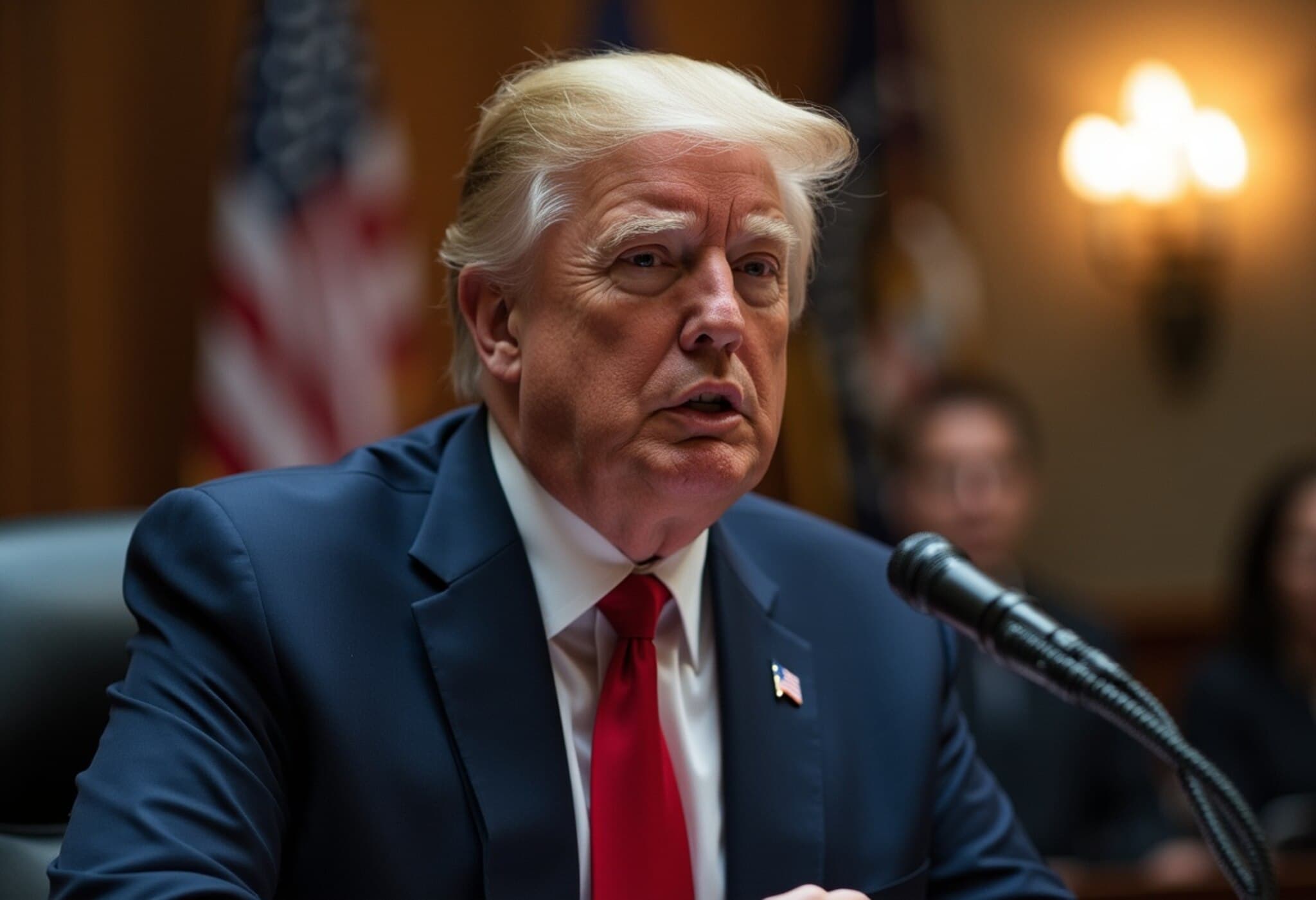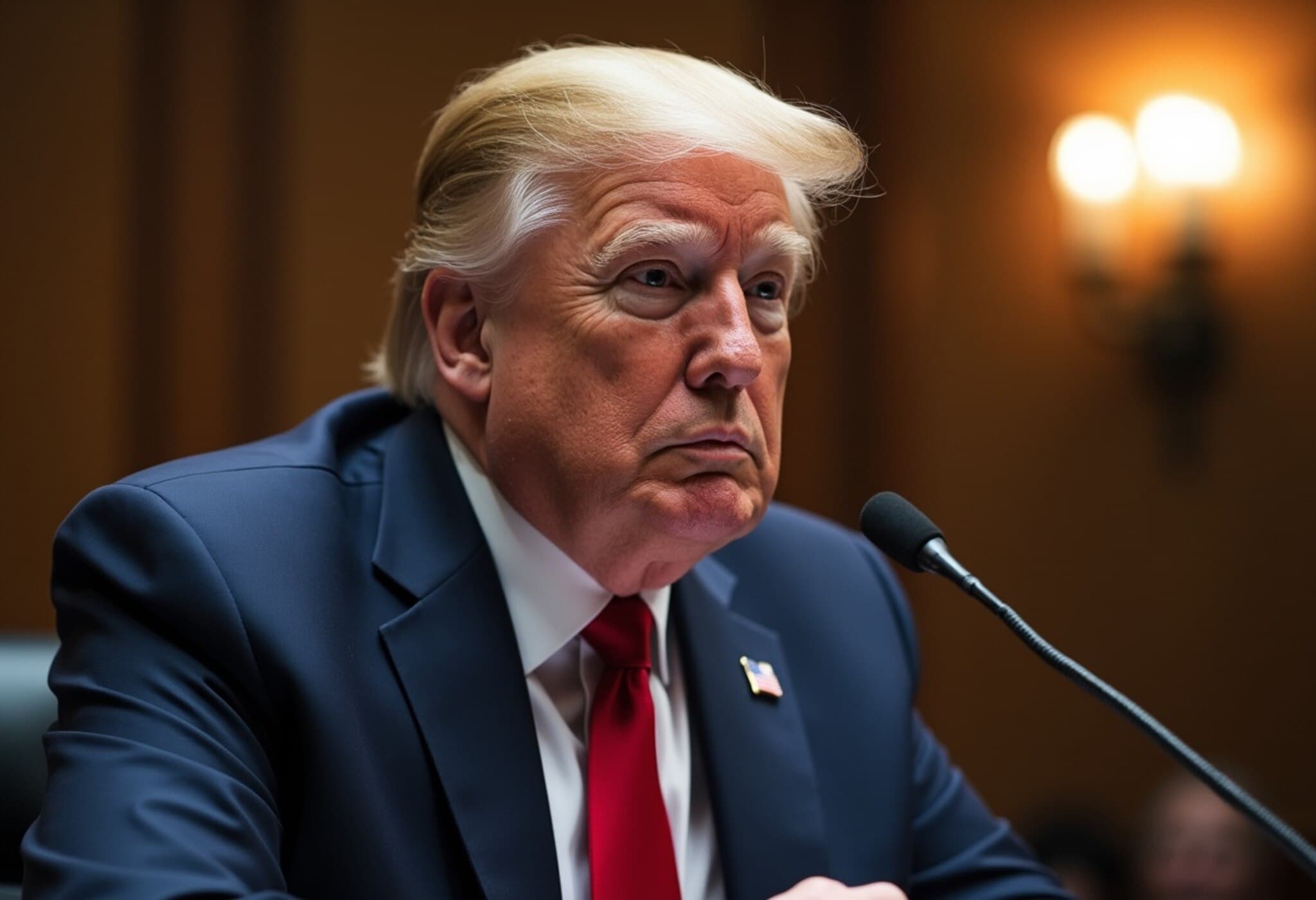US House Paralysed for Second Week Over Epstein Files Dispute
For the second consecutive week, the US House of Representatives finds itself gridlocked, caught in a heated political tug-of-war surrounding the controversial "Epstein files." This deadlock stems from Republican refusal to convene sessions that would entertain motions brought forth by Democrats demanding transparency on documents related to the late convicted sex offender Jeffrey Epstein.
Background: The Epstein Files and Their Political Weight
The so-called Epstein files refer to a cache of documents and evidence linked to Jeffrey Epstein’s illicit operations, which allegedly included a list of high-profile individuals implicated in his sex trafficking network. Over the years, these files have fueled conspiracy theories — some propagated by prominent right-wing figures, including former President Donald Trump’s son, Donald Trump Jr., and FBI official Kash Patel — alleging a systematic cover-up to protect powerful elites.
Notably, Donald Trump had publicly acknowledged a prior association with Epstein, describing him as a friend in earlier years, adding to the political sensitivity around the issue. The Trump administration’s stumbling announcements and perceived evasiveness in releasing records ignited bipartisan outrage and intensified demands for disclosure.
Political Maneuvering and Legislative Standstill
Republican lawmakers, controlling the House majority, have strategically declined to convene legislative proceedings, effectively stalling any movements that would compel the Trump administration to release the Epstein documents. This boycott aims to shield former President Trump from potential scrutiny and embarrassment stemming from the revelations these files could reveal.
Meanwhile, Democrats have ramped up pressure, proposing motions and bills to unlock these records, framing the fight as a quest for accountability and justice for Epstein’s victims. However, the partisan divide has pushed the House into paralysis, with Republicans leveraging their majority to block any discussion.
Cross-Party Efforts and the Path Forward
A glimmer of bipartisan cooperation exists: Republican Representative Thomas Massie and Democratic Representative Ro Khanna have initiated efforts to force a vote via a discharge petition on a bill demanding the release of the Epstein files. This procedural mechanism requires gathering signatures from at least 218 House members — a challenging feat necessitating nearly all Democratic support plus a significant number of Republican co-sponsors.
Should they succeed, this would corner the Republican leadership, compelling a vote despite their opposition. Nevertheless, political analysts caution that any vote will likely be delayed until the House reconvenes after its September recess, reflective of Republican hopes that public attention to the Epstein controversy will have diminished by then.
Expert Insight: What This Means for Democracy and Accountability
The ongoing stalemate over the Epstein files underscores a broader dilemma in American politics: the tension between partisanship and transparency. Experts argue that withholding such critical information not only erodes public trust in institutions but also hampers the fundamental democratic principle of checks and balances.
Legal scholars emphasize the potential implications for rule of law if political considerations consistently override demands for justice in high-profile cases. Furthermore, the Epstein saga serves as a litmus test for how elected officials prioritize victim rights versus political expediency.
Underreported Angles and Future Questions
- Victim Advocacy: The voices of Epstein’s survivors are often overshadowed by political jockeying. How can legislative bodies ensure their interests remain central?
- Media Role: With conspiracy theories rampant, what responsibility does the media have to fact-check and contextualize developments around the Epstein files?
- Judicial Oversight: What role should courts play in mandating disclosure if legislative deadlock persists?
Conclusion
The Epstein files saga is more than a political standoff—it’s a mirror reflecting the challenges facing American democracy today. As lawmakers remain at an impasse, the pressing question is whether transparency and justice will ultimately prevail over partisan calculations.
This ongoing paralysis in the US House over the Epstein files not only delays potential revelations but underscores a pivotal moment for legislative integrity. Readers are encouraged to consider how political allegiances might shape the pursuit of justice and what this means for broader accountability in government. As the September session approaches, the nation watches to see if courage and transparency will break through entrenched partisanship.

